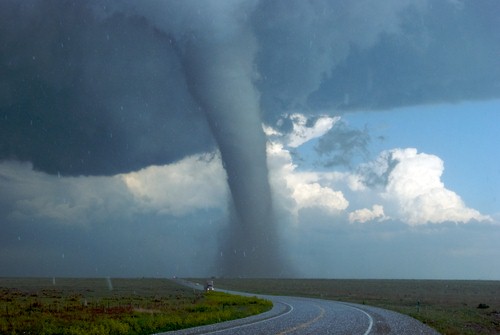
When it comes to natural disasters, businesses should be prepared as well as communities and towns. Businesses are a source of income, both for the employers and employees, so it is best to prepare for the unlikely event there is an earthquake, tsunami, flood, or hurricane. The best way for businesses to be ready is to be prepared and have a plan. Having equipment such as cooling towers and generators ready which you can get from a cooling tower rental and a generator retailer, may be an option.
It is equally important to develop an emergency plan, prepare the proper insurance for damage, and to train yourself and your employees in first aid and evacuation procedures, according to business.qld.gov. Below are some things to consider in the event that you are hit with a natural disaster
Location
It is best to be familiar with the climate of your location to know if you are regularly hit by natural disasters like cyclones and earthquakes. If you are, familiarize yourself with community disaster plans, local evacuation centers, and emergency phone numbers. These phone numbers may include the local police, fire, ambulance, and gas and electricity providers.
Staff preparedness
It pays to have a disaster plan specific to your business, such as assigning tasks to different staff members. Who will usher everyone to a safe location? Who will safeguard important documents? Assigning tasks earlier means there will be less panic in the event of a disaster.
Equipment maintenance
When it comes to your equipment, ensure this is safe by putting it in safe places that will not be flooded or hit by falling debris. Identify which bits of equipment will need to be relocated. Make sure there are spare parts in case of damage, and that there is enough stock on hand in case you have to stay in the office. These are usually flashlights, mobile phones with extra battery, canned food, and batteries of various sizes for general use.
Documentation and records
Keep your important documentation in a sealed plastic envelope to ensure it does not get wet. Also, make copies in case they are damaged. Make backups of your important files on laptops and computers. Identify and obtain programs that would help you recover missing or damaged files.
Infrastructure
The infrastructure your business is in should also be checked. Make sure the eaves and roof are sturdy, with no damage that would let rainwater in. Sturdy roofs are better for resisting strong winds. Overhanging branches are dangerous during disasters, so better trim trees regularly.
Emergency kit
Having an emergency kit ready prepared may help during a crisis. Your emergency kit should contain: employee contact details, emergency contacts, stock and equipment inventory, back-up data, extra keys or security codes, a portable radio, a torch, a disposable camera (for insurance claims), a first aid kit with manual, masking tape, plastic sheeting, protective equipment like gloves, masks, and disinfectant, and waterproof bags.
Always remember that as soon as you notice unusual weather conditions, consider sending your staff home. Make sure you bring everything important, keep valuables in safe places, lock up, and be with your family. Natural disasters can be tough and deadly, but you can minimize the damage to your business if you are aware and prepared.